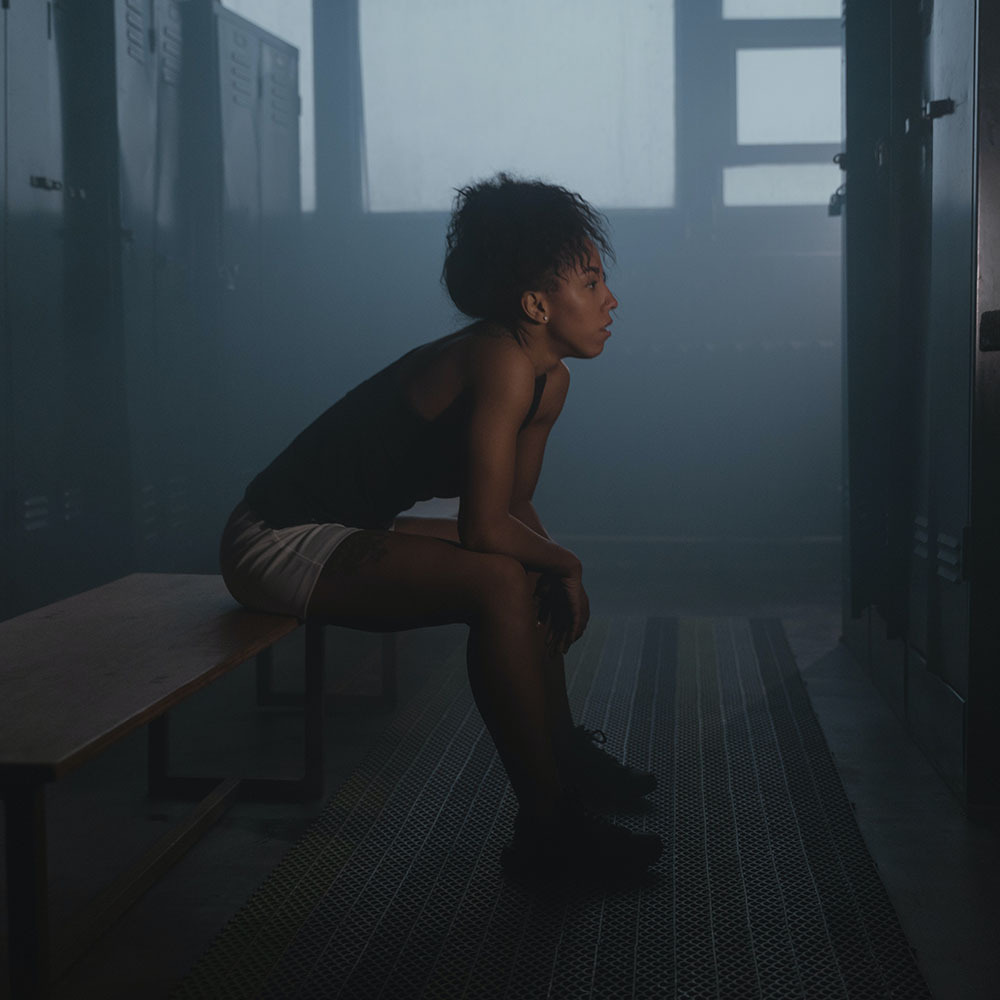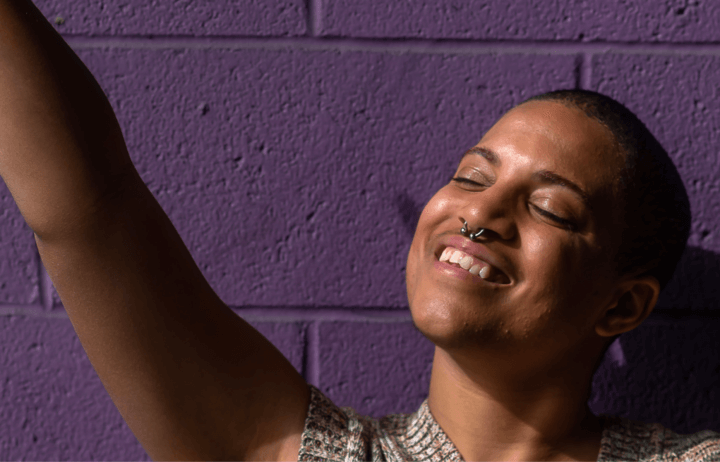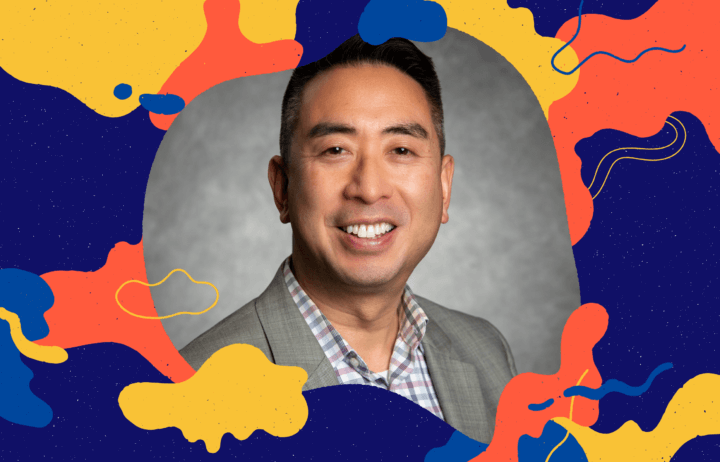For many young people, being an athlete is a major source of pride, community, and accomplishment. That’s why it’s important for major athletic associations to have policies in place that provide inclusion and opportunities for LGBTQ athletes to participate and excel in their sport of choice. And while nearly one in three LGBTQ young people reported participating in sports, many choose not to partake due to LGBTQ-based discrimination, like state-level policies and legislation that imply, intentionally or not, that inclusion of transgender athletes ruins a sport’s “fairness.”
Any blanket ban that prevents trans athletes from participating in sports they love is unfair: fairness should never equal exclusion. This is why eighteen national advocacy organizations, including The Trevor Project, Athlete Ally, Human Rights Campaign (HRC), and more, have joined together to call on the NCAA to include and strengthen nondiscrimination protections in the organization’s updated constitution.
In addition to sports-related discriminatory policies, 2021 saw a record number of anti-trans legislation being introduced and passed, and it’s making an impact on young people’s mental health. A recent poll saw that new policies banning trans individuals from playing on the teams of their choice make 74% of transgender and nonbinary youth feel angry, 57% feel sad, 43% feel stressed, and nearly 1 in 3 feel scared. And 85% of transgender and nonbinary youth say that recent debates around anti-trans bills have negatively impacted their mental health.
LGBTQ young people deserve safe, affirming spaces, and research shows that transgender and nonbinary youth who have access to gender-affirming spaces report lower rates of attempting suicide. A sports team can and should be one of those safe spaces.
All young people — regardless of their sexual orientation or gender identity — should be able to pursue their talents and dreams and live their lives without fear of discrimination. A fair and inclusive playing field in sports is possible for everyone.
Read more about LGBTQ Youth Participation in Sports.
If you or someone you know needs help or support, The Trevor Project’s trained crisis counselors are available 24/7 at 1-866-488-7386, via chat at TheTrevorProject.org/Get-Help, or by texting START to 678678.


